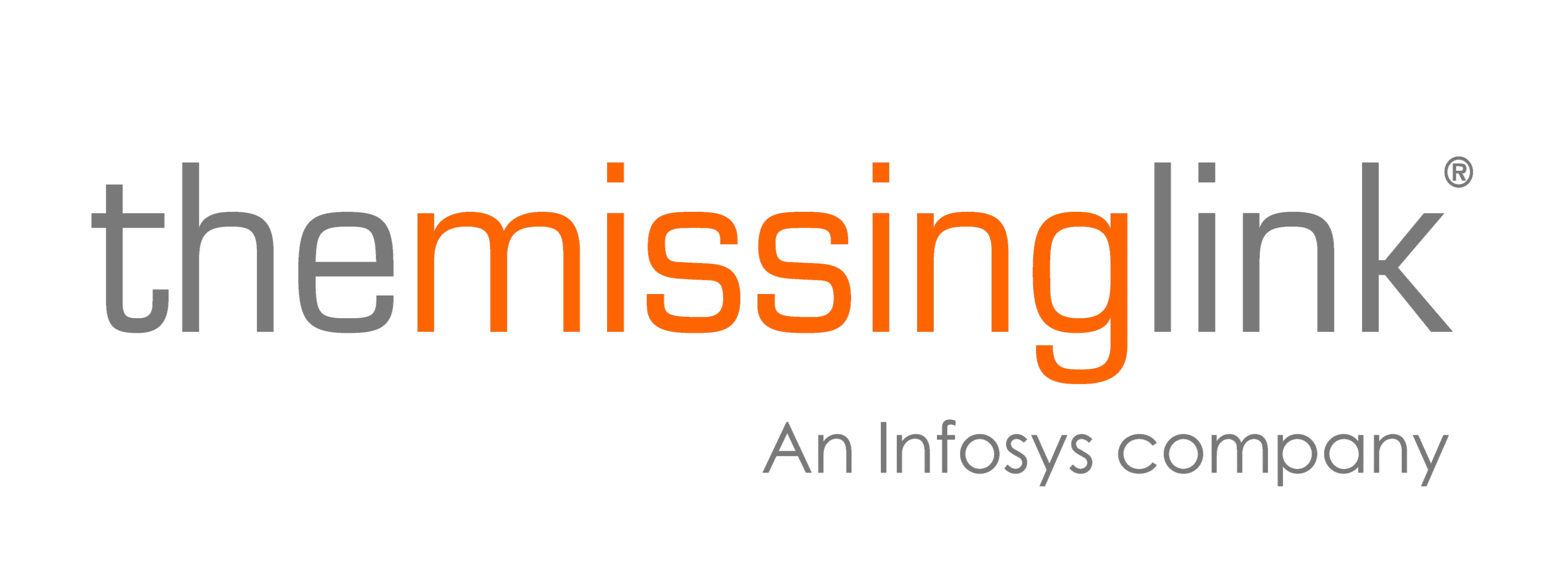One of the best things about technology is how quickly it changes and the advances that it brings.
Quantum computing was a thing of fiction less than 40 years ago but is now starting to build momentum and could be something we see become relatively common place in the next few years. With many of the world’s largest companies putting teams together to develop quantum computers, it’s now just a matter of when it becomes mainstream and replaces computing as we currently know it.
So, what is a quantum computer?
Quantum computers use qubits (quantum bits), which can exist in more than one state at the same time – for example they can be 0 and 1 simultaneously - to operate faster and more effectively than current computing allows with binary encoding. Instead of working in sequence, quantum computers can work in parallel to resolve a problem much, much faster than current computers.
Companies are already making progress with quantum computing
Unsurprisingly, some of the leaders in tech are already making advances in the area. IBM, Microsoft, Toshiba and Google have all announced their involvement in quantum computing, as have Airbus, Nokia and Volkswagen.
IBM Q is made up of Fortune 500 companies, academic institutions, researchers and startups, all working with IBM to advance quantum computing. IBM allows businesses to access quantum devices and simulators via the cloud as well as a virtual interface that can be used to code a quantum computer.
Google is researching the building of quantum processors and algorithms so that machine learning can be accelerated. Google AI Quantum is focusing on quantum hardware and software with the aim of allowing developers and researchers to solve both theoretical and practical problems.
And recently, Airbus launched a competition where experts and enthusiasts alike can enter to work on challenges facing flight and aerospace. This is an interesting way for Airbus to engage with some of the best and up-and-coming minds in the quantum computing field.
What are the risks?
Cryptography, the writing or solving of codes, is used extensively to encrypt and decrypt data. It is a vital factor in securing data to keep confidential information secret and data integrity intact.
The application of encryption is vast, but generally we see it used for social reasons, such apps like Facebook Messenger and WhatsApp using encryption to keep users’ conversations private and for the protection of online payment ecosystems. As businesses get larger, encryption is a powerful tool against the loss of data.
But no encryption is 100% safe, its power lies with the time it takes to break it.
With the benefits of quantum computing will also come the risks, as hackers could take advantage of this emerging technology to better facilitate attacks and unauthorised access to secure data. Quantum computing’s speed may well allow cyber-attacks to happen with more ease and frequency.
Now is the time to ensure your cyber security protocol is up to date and ready to future-proof your business. Contact us if you’d like us to conduct a security assessment and ensure you’re on the right track.
If you liked this article you may also like:
Biohacking Our Way into the Future
5 Steps to Keep your Digital Information Secure
Cryptojacking: Is Your Business Being Mined for Coins
